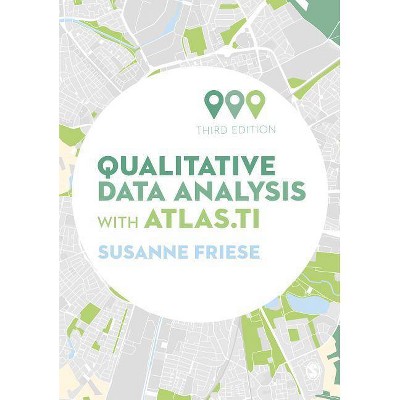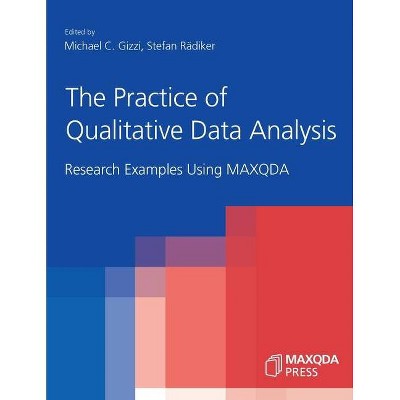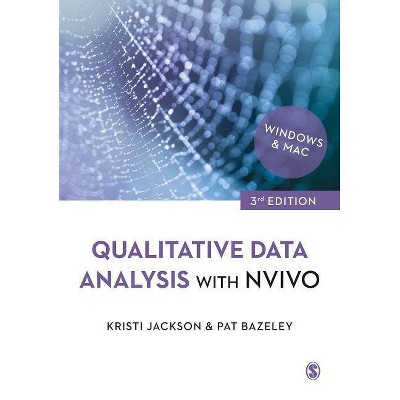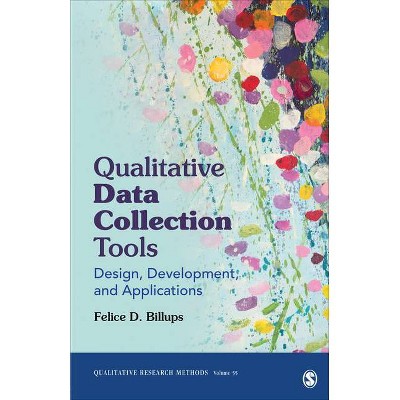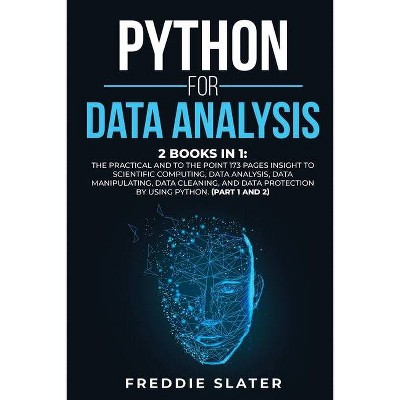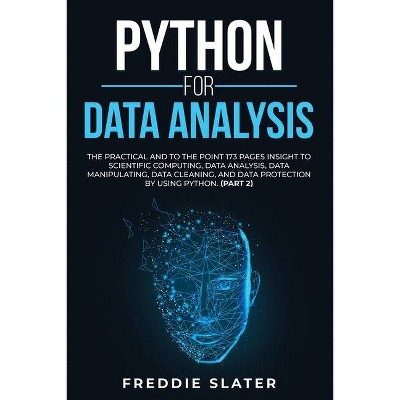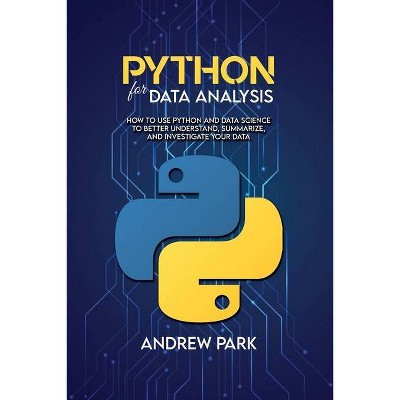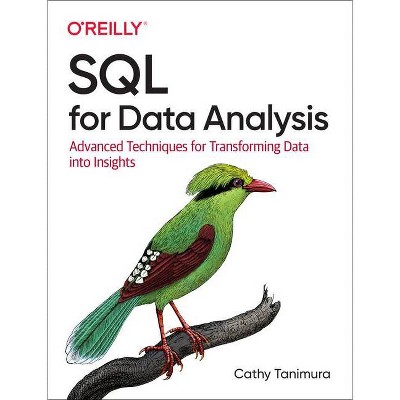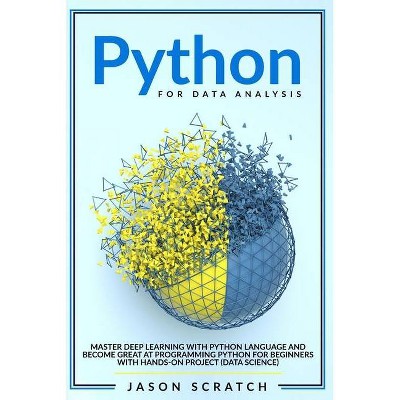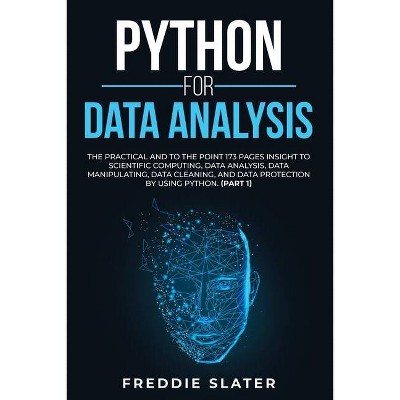Modes of Thinking for Qualitative Data Analysis - by Melissa Freeman (Paperback)
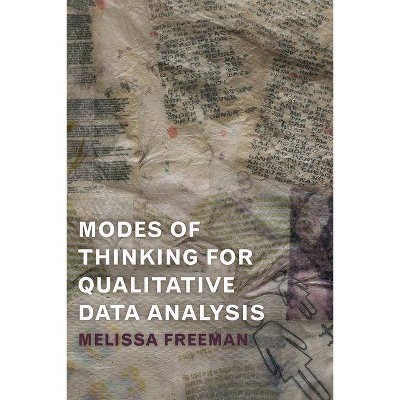
Similar Products
Products of same category from the store
AllProduct info
<p/><br></br><p><b> About the Book </b></p></br></br><p>Modes of Thinking for Qualitative Data Analysis argues for engagement with the conceptual underpinnings of five prominent analytical strategies used by qualitative researchers: Categorical Thinking, Narrative Thinking, Dialectical Thinking, Poetical Thinking, and Diagrammatical Thinking. </p><p/><br></br><p><b> Book Synopsis </b></p></br></br><p>Modes of Thinking for Qualitative Data Analysis argues for engagement with the conceptual underpinnings of five prominent analytical strategies used by qualitative researchers: Categorical Thinking, Narrative Thinking, Dialectical Thinking, Poetical Thinking, and Diagrammatical Thinking. By presenting such disparate modes of research in the space of a single text, Freeman not only draws attention to the distinct methodological and theoretical contributions of each, she also establishes a platform for choosing among particular research strategies by virtue of their strengths and limitations. Experienced qualitative researchers, novices, and graduate students from many disciplines will gain new insight from the theory-practice relationship of analysis advanced in this text. </p><p/><br></br><p><b> Review Quotes </b></p></br></br><br><p>"We've long needed this book, a book which would take students and scholars alike through the complex process of doing qualitative analysis. Melissa Freeman's <i>Modes of Thinking for Qualitative Data Analysis</i> meets these needs. Its creative, comparative focus on forms of thinking, from categorical, to narrative, dialectical, poetical, diagrammatical, opens new windows on how to interpret empirical material." - <b>Norman K. Denzin, University of Illinois, Urbana-Champaign</b></p> <p>"Melissa Freeman has developed a compelling typology for understanding qualitative work... Her work counters the standard classifications which connect methods with a particular methodology or tradition and leads to confusion. Instead, she argues persuasively, and with examples, that for a truly reflexive stance and a critical understanding of research, researchers must engage in "pentimento," or must see again, to understand essences and create innovative possibilities." - <strong>Lynn Butler-Kisber, McGill University </strong></p><br><p/><br></br><p><b> About the Author </b></p></br></br><p><strong>Melissa Freeman</strong> is Professor of Qualitative Research Methodologies in the College of Education at The University of Georgia. </p>
Price History
Price Archive shows prices from various stores, lets you see history and find the cheapest. There is no actual sale on the website. For all support, inquiry and suggestion messagescommunication@pricearchive.us
